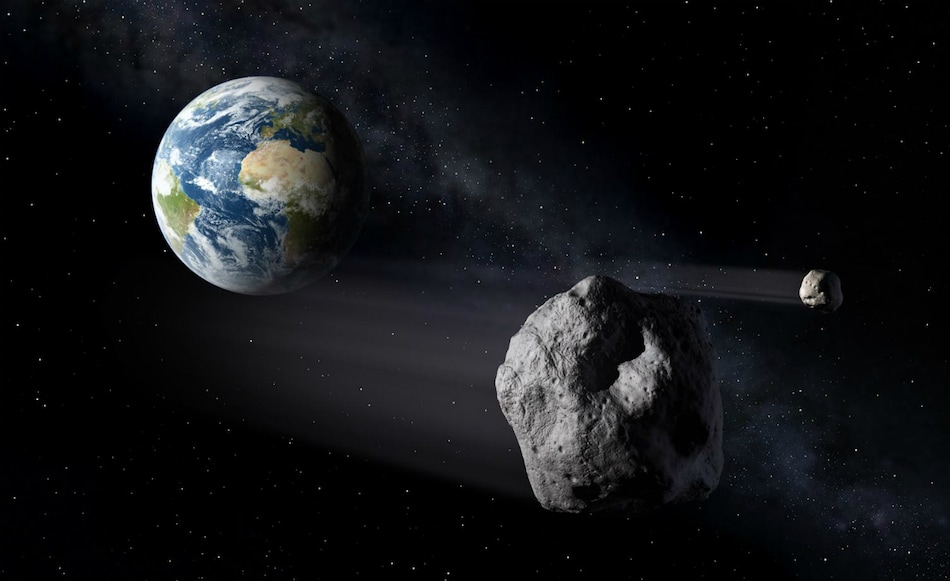Chinese researchers are working on a new method to detect and track asteroids, which will also determine if any giant piece of space rock poses any danger to Earth. The method involves building an array of more than 20 large antennas to bounce signals off asteroids to determine if they could possibly impact our planet. A handful of Chinese universities are involved in the project, the details of this were first published in China’s Science and Technology Ministry’s official newspaper the Science and Technology Daily.
The project is named China Fuyan (“compound eye” in English) and is led by Beijing Institute of Technology, according to the Chinese ministry. The asteroids chosen for signal bouncing will be present within 93 million miles (150 million kilometers) of Earth (about as distant as the Sun), it further said.
According to a report in Space.com, two of these antennas have been constructed at a site in Chongqing, in southern China. Tests will be conducted in September, after which these antennas will become operational, the outlet further said.
The antennas will have a diametre of 82 to 98 feet, Space.com said.
Beijing Institute of Technology president Long Teng told China’s Global Times that the project will meet the country’s requirements for near-Earth defence and space sensing capability, as well as frontier studies on the formation of asteroids. The system could also have applicability for tracking satellites and debris in Earth orbit, the researcher added.
In April, Chinese news outlets reported that the country’s space agency is developing a new monitoring and defence system which will be tested by deliberately crashing a spacecraft into an asteroid.
The reports further said that the new mission will be launched as early as 2025 on a threatening asteroid by closely tracking and attacking it to change its orbit.








